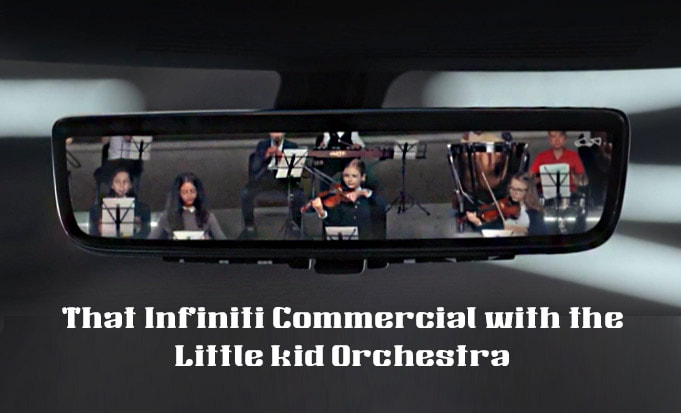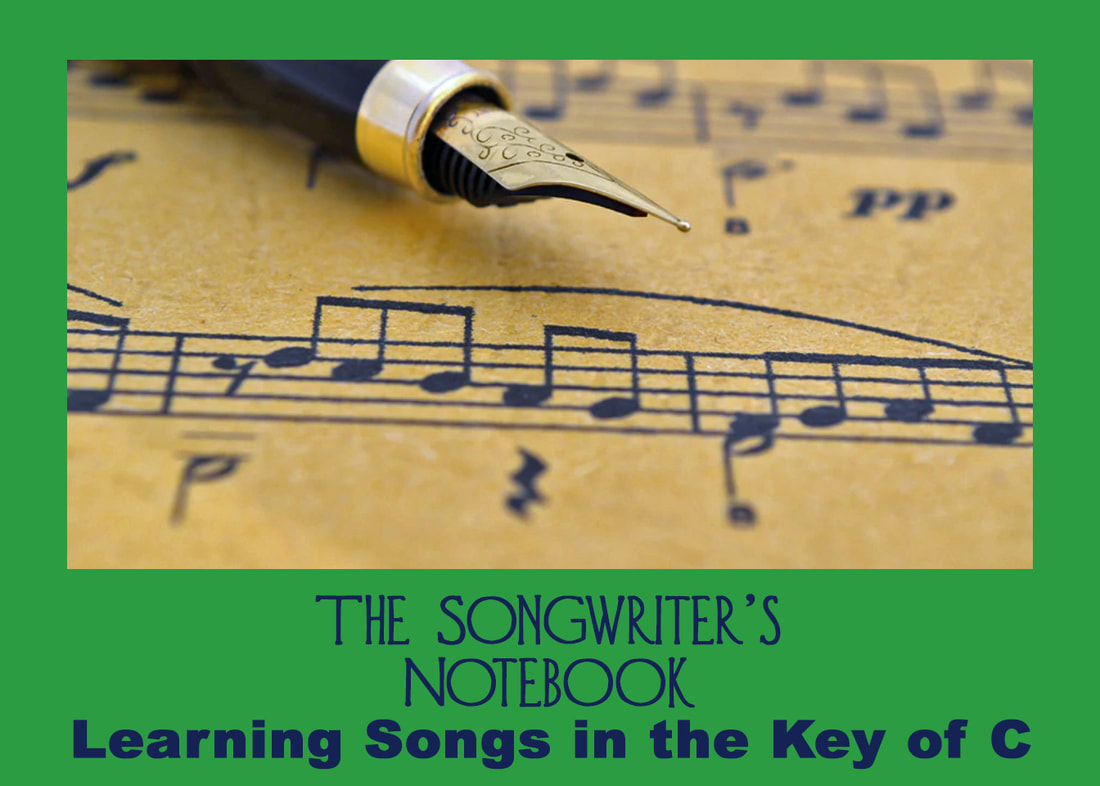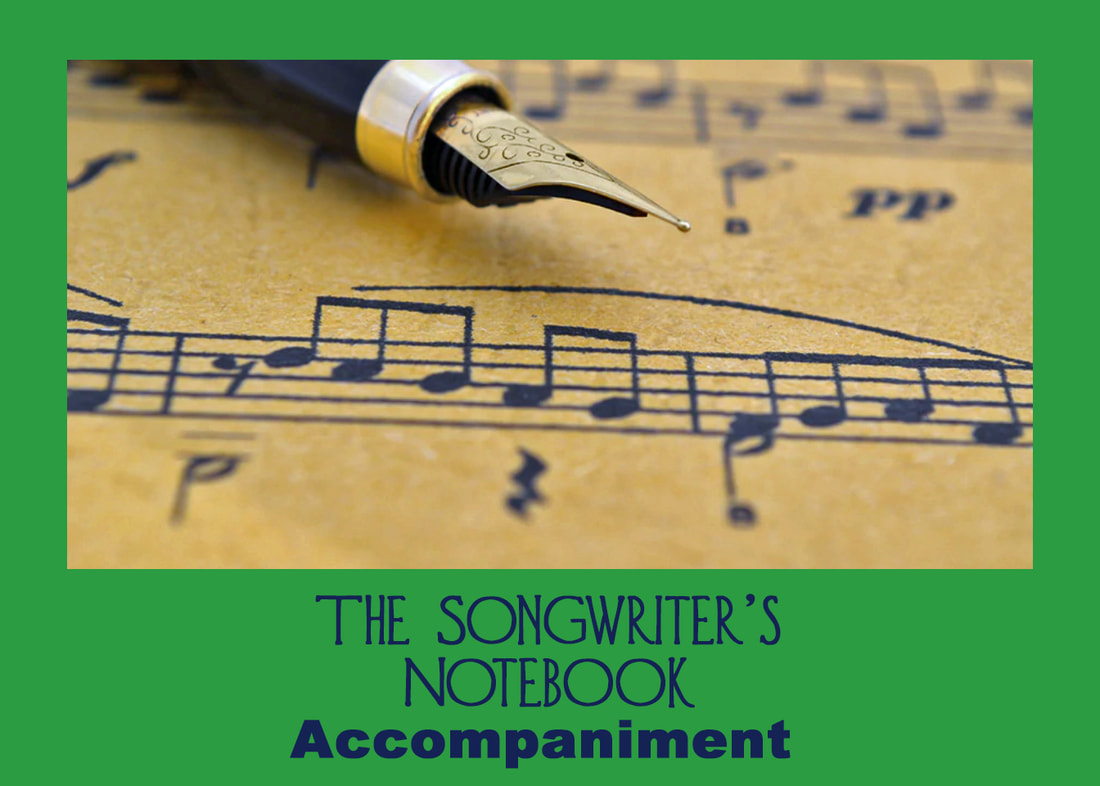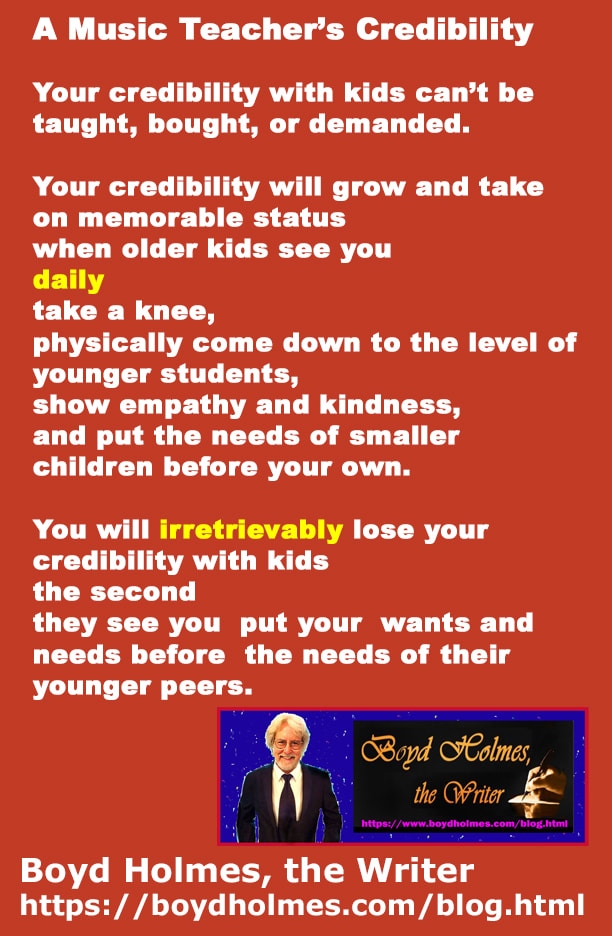Enough already!
I continue to see outraged music educators who are insulted by the Infiniti car commercial with the elementary school orchestra murdering Strauss’ “Also Sprach”.
It’s a joke. Get over it.
By bringing attention to your outrage, you make yourself appear to have no sense of humor. You seem socially oblivious and unable to relate to the average parent of a kid just starting with an instrument.
Average parents get the humor. So should you.
The proper music teacher response is to wryly shake your head and say, “Yeah, somedays when they first start, it does sound like this.”
Fight the urge to add the sanctimonious, “But it gets better” or “But they’re really trying”.
Leave it.
There are hundreds of ads with kids playing instruments or singing where their talent ranges from nil to super star. Infiniti is allowed to add to the list of ads featuring kids making music.
The only people getting upset at this ad are music teachers.
I’ve even read of the director of a youth orchestra taking umbrage.
From CBS News: “The New Brunswick Youth Orchestra has a message for automobile manufacturer Infiniti.:
“If they needed musicians who knew how to play, they should have called us."
No, I’m sorry. You don’t seem to understand the humor and hook of the ad.
Portsmouth Sinfonia much?
They don’t need an excellent orchestra of teens – they need images of little kids trying to sound like adults, comically playing large instruments, and falling short.
See, accomplished high school players . . . . ah, forget about it.
Explaining a joke is like dissecting a frog: they both die during the process.
If I have any problem with the ad, it's this:
It exposes the dirty little secret harbored by many music educators.
My observation is that most music educators wouldn’t have given a tinker’s damn if the ad had featured a horrendous sounding elementary school-aged rock band.
You would see no Facebook or Twitter posts, no indignation, no outcry from the lofty perches of music educators.
The rock ad would come and go in their world without a ripple, other than possibly a swarmy comment like “Yeah, learn to play rock and roll and that’s what you’ll sound like”.
Why is that?
For starters, most music educators have limited experience playing rock and even less expertise in teaching it.
And, after all, it’s rock. It’s not . . . . .
Classical music!
Ahhh, the holy of holies, the sanctum sanctorum of musical styles, classical music.
Every time society throws a humorous pebble at classical music or music education, music teachers transparently respond emotionally and take it personally.
They act as if they own the European, classical methods and instruments that they teach and couldn’t be bothered with guitars, basses, drum kits, and screaming singers. That sort of thing is for the riff raff.
Most music educators would rather venerate at the altar of their patron saint, Saint Greg.
You may know him by his pseudonym, Professor Harold Hill, a 1912 con man hustling mid-west kids and families for a living in Meridith Wilson's "The Music Man".
Professor Hill’s saving grace? Along with his bad boy heart of gold, he was pushing classical band instruments and one of Ludwig’s classical hits, the “Minuet in G”.
While this Infiniti ad will come and go, the sting that it inflicted on snowflake music educators will have an infinite half-life and never go away.
Frankly, they should be thankful that a national ad campaign even features kids playing in an ensemble.
Take a tip from Elsa:












 RSS Feed
RSS Feed